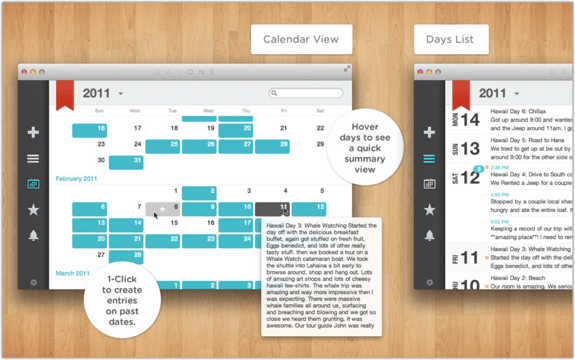Though I typically write several thousand words a week, I have never been a consistent journaler. I’ve tried. I have friends who swear by it. It’s just never worked for me.
Until recently.
My wife Gail and I have been on an extended vacation for the past two weeks. We have been tucked away in the mountains of East Tennessee on the edge of a beautiful lake.
When we arrived, Gail challenged me to keep a journal. I rolled my eyes but reluctantly agreed to give it another try, evidently forgetting a previous post I had written on the difference between trying and doing.
So far, I have written daily for twelve days in a row. I've surprised both of us.
Here's how journaling has worked for me in this setting.
- Gail and I get up at about 5:30 a.m. (Yes, even on our vacation. We can't help ourselves.)
- We read the Bible on our own while drinking a cup of coffee. I'm currently reading through The One Year Bible (Tyndale).
- When we finish, we grab our journals and walk down to the dock. It's only about twenty yards away.
- Then we sit quietly for fifteen minutes. No talking, no writing. No doing. Instead, we silently take it all in, give thanks, and pray. We take time just to be.
- Finally, we crack open our journals and start writing. This is completely unstructured. We don’t edit. We don’t judge. We just get it out. We write for twenty to thirty minutes.
I might write about what I read in my Bible, a dream I had last night, an experience I had yesterday, or what I hope to accomplish today. Sometimes I will write on one topic; sometimes on four or five.
The main thing is I am writing for myself rather than an audience. I have found this tremendously liberating and deeply satisfying. Amazingly, I am effortlessly writing five hundred to a thousand words a day.
If I had to sum it up, I would say journaling has afforded me seven benefits. It has enabled me to:
- Process previous events. What happens to me is not as important as the meaning I assign to what happens to me. Journaling helps me sort through my experience and be intentional about my interpretation.
- Clarify my thinking. Writing in general helps me disentangle my thoughts. Journaling takes it to a new level. Because I am not performing in front of a “live audience,” so to speak, I can really wrestle through the issues.
- Understand the context. Life is often happening so quickly I usually have little time to stop and reflect on where I am in the Bigger Story. Journaling helps me to discern the difference between the forest and the trees.
- Notice my feelings. I understand feelings aren’t everything, but they also aren’t nothing. The older I get, the more I try to pay attention to them. They are often an early indicator of something brewing.
- Connect with my heart. I’m not sure I can really explain this one, but journaling has helped me monitor the condition of my heart. Solomon said “above all else” we are to guard it (see Proverbs 4:23). It’s hard to do that when you lose touch with it.
- Record significant lessons. I’m a better student when I am taking notes. Writing things down leads to even deeper understanding and, I hope, wisdom. I want to write down what I learn, so I don’t have to re-learn it later.
- Ask important questions. A journal is not merely a repository for the lessons I am learning but also the questions I’m asking. If there’s one thing I have discovered, it’s the quality of my questions determine the quality of my answers.
Will I stick with this after my vacation? Time will tell. I sure hope so. So far, it has been one of best personal development exercises I have done in a long, long time.
By the way, I started out writing in a traditional, paper journal. However, I am not the best at writing lots of text by hand. The legibility of my writing deteriorates quickly.
On day three of my journaling experience, I stumbled upon a software program called Day One (not an affiliate link). This is a beautiful minimalist writing tool that reminds me a lot of ByWord, the program I use to do most of my professional writing.

Day One sports:
- A simple, uncluttered writing area.
- iCloud and DropBox sync to iPad and iPhone.
- Password protection (though not encryption yet).
- A calendar view, allowing you to jump quickly to a specific day.
- MultiMarkdown support, which is a formatting language I have grown dependent on. I use it in ByWord.
- A fast, intuitive search engine that allows me to retrieve my notes instantly.
Best of all, it is only $4.99. I only wish the Apple app store allowed for trial versions of software, so you could experience the beauty of this program before you buy it.
Regardless, the tool is unimportant. The main thing is for it to become invisible, so you can focus on writing and reflecting.
Disclosure of Material Connection: Some of the links in the post above are “affiliate links.” This means if you click on the link and purchase the item, we will receive an affiliate commission. Regardless, we only recommend products or services we use and believe will add value to our readers. We are disclosing this in accordance with the Federal Trade Commission’s 16 CFR, Part 255: “Guides Concerning the Use of Endorsements and Testimonials in Advertising.









